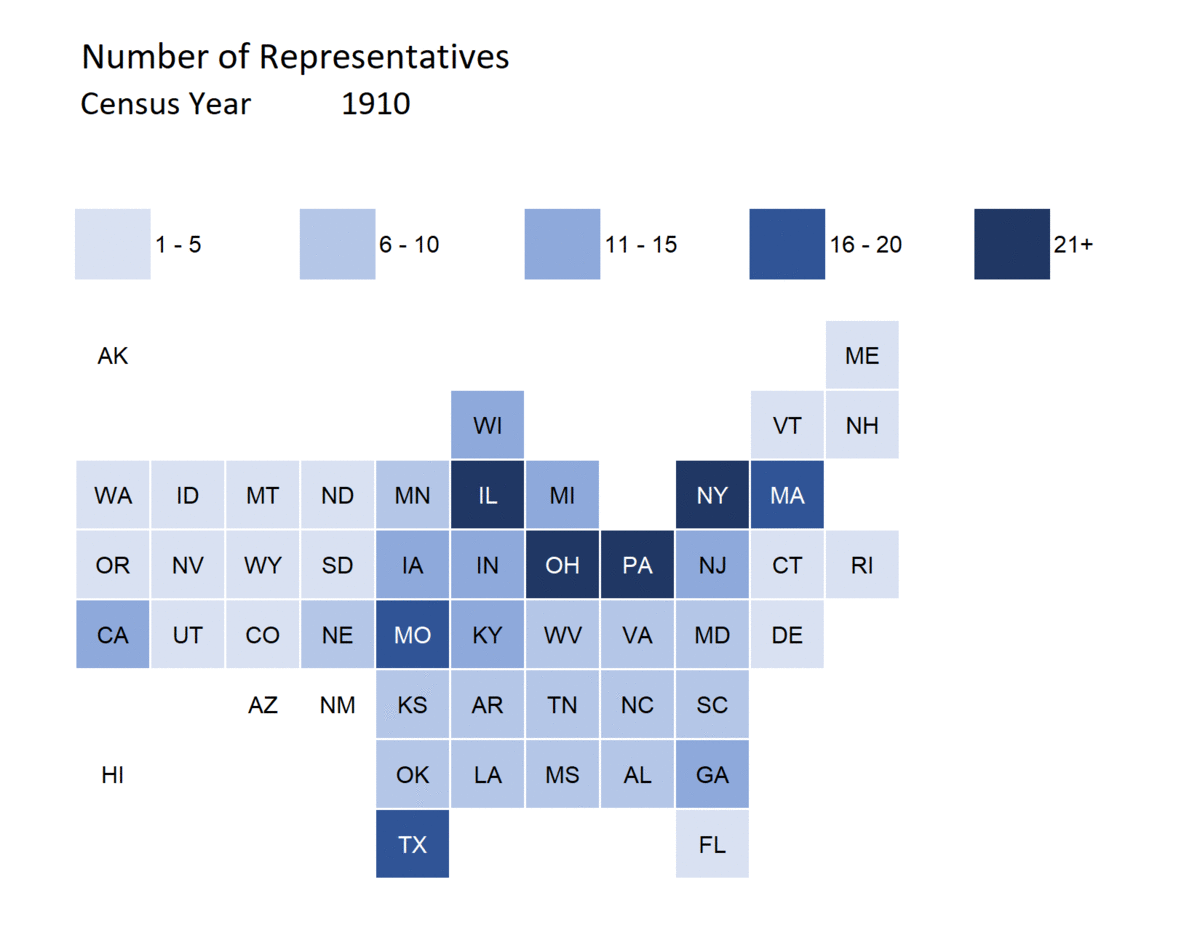Excerpt:
The House Committee on Financial Services will hold an oversight hearing on the Securities and Exchange Commission next Wednesday and Chairman Gary Gensler is expected to testify. The SEC’s proposed budget and their recent proposals, especially the climate disclosure proposal will all likely be discussed.
The SEC requested $2.436 billion for 2024, an increase of $265 million from this year primarily to hire new staff. The new hires are proportionally concentrated in the Divisions of Risk Analysis and Investment Management, whose staffs would increase by more than 5% each. The largest aggregate staffing increase would be to the Division of Enforcement, from its current 1,505 positions to 1,558.
…..
Womack also suggested that the SEC’s proposal on climate disclosure, which would require entities registered with the SEC to disclose their carbon emissions, was not within the SEC’s legal authority, a concern shared by several other Republican members of the committee.
The climate disclosure proposal has been a sensitive issue for agricultural interests. Representative Ashley Hinson, R-Iowa, emphasized the potential impact of this rule on farmers at the hearing. She said that this proposal would be bad for farmers in her state who would have to collect and disclose their emissions data to issue securities and to work with larger businesses who must collect emissions data from their value chain.
Representative Michael Cloud, R-Texas, shared this sentiment during the hearing and said that any issuer subject to Scope 3 disclosure would compel farms in their supply chain to collect this data, a tedious process, which might reduce farmer’s access to credit if they do not comply.
Author(s): Paul Mulholland
Publication Date: 12 April 2023
Publication Site: ai-CIO


